Journalists: An Endangered Species
Marie Colvin, a prominent American war correspondent working for a British newspaper, and a French photojournalist, Remi Ochlik, were killed Wednesday February 23, 2012 in the besieged city Homs in Syria.
By now the latest deaths of war correspondents covering the crisis in Syria is old news. It does not take much to know that there will be more deaths. These latest followed the equally unfortunate death of Anthony Shadid as he was leaving Syria during an unauthorized trip to cover the story. Review what takes place in the Philippines, Brazil, Mexico, Russia, and in other repressive and autocratic regimes. According to the Committee to Protect Journalists, including the aforementioned three, 14 journalists in the world have already died in 2012. although it is only March. By the time I post this column, that number could well increase. Forty-seven journalists were killed in 2011. Since 1992, 909 journalists died doing their job.
Unfortunately, foreign correspondents, and even those journalists working in their home countries, are targets of anyone who opposes the truth and tries to keep it from surfacing. Reporters are now the enemy. Sadly, they die unnecessarily. They die more frequently than in the past. If they do not die, it is worth repeating that they remain targets of those they hope to expose for doing wrong.
The nature of the burgeoning civil war in Syria gives me a chance to reflect on my days as NBC’s bureau chief in Saigon, during the Vietnam War, from early 1966 through late 1968.
It was a different war, a different time. I usually had five TV correspondents and one full-time radio reporter. I had at minimum five full TV crews composed of a cameraman, a soundman, and a correspondent. With the freelance cameramen at my call, I might, on any day, have as many as nine or ten cameras in the field covering the war. It means that I could have fifteen or twenty people covering the war, not including staff drivers who got the crews to the ever changing front, where the troops were fighting, or to the airport for helicopter and fixed wing flights to cover the action.
We covered combat about 90 percent of the time. I sent the crews into the field every day. Their lives were almost always in danger, especially when the fire zone they were in was hot with incoming enemy fire. But journalists were not targets.
With as many as 500,000 troops in Vietnam and usually upwards to 100,000 Americans in the field doing battle with the Viet Cong or main force North Vietnamese troops, it was not difficult to find the action that the producers in New York wanted for their news shows.
My staff knew the risks of being in combat. We often discussed what I called “ a considered risk.” In other words, know where you are, act accordingly, and do not do anything foolish that would endanger you or any member of your team. Especially be careful never to endanger the unit you were covering by doing anything irrational: always possible in combat. More importantly, always try your best to get out safely.
Though 63 journalists died in the Vietnam War, they did not die because they were targets of “enemy” troops. When in the field, unless one did something stupid or outrageous, you soon learned what you could or could not do in combat or under fire. That helped keep you alive and did not give the other side an opportunity to shoot your way. Terror was a frequent tactic of the Viet Cong, but that terror was usually directed against the South Vietnamese, and usually confined to the villages. Yes, terror made its way into the cities, but the Vietnamese troops and their allies – mainly American, Korean, and Australian troops – were the enemy of the Viet Cong, not the journalists who covered them.
Except for Iraq, when in full bloom, and in Afghanistan where troops still regularly patrol the country and frequently engage the enemy, most other conflicts around the world are of a different scale and type. Unfortunately, journalists will keep on dying. Unarmed, they are easy to kill. The true stories that journalists tell are necessary for freedom to flourish, and freedom is the one thing that terrorist groups and oppressive governments fear most.
Related Articles

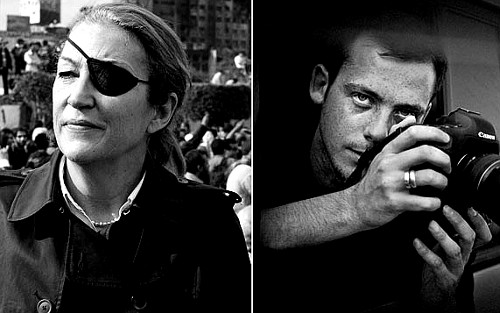
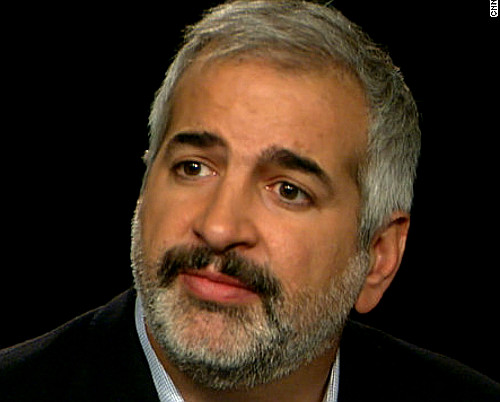
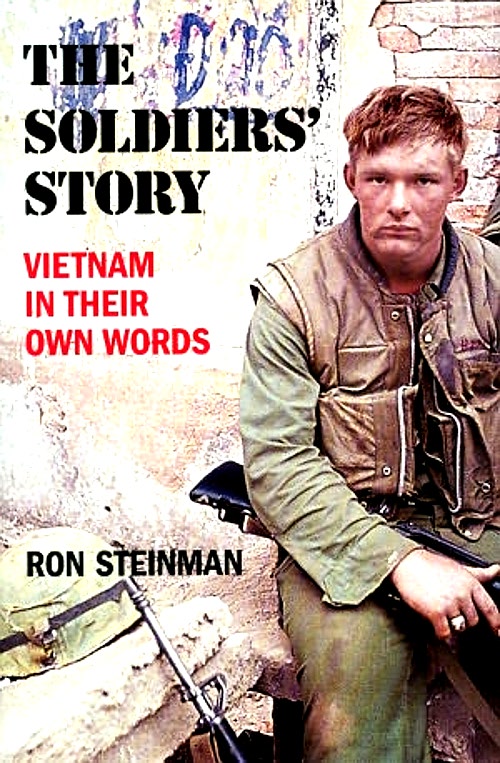
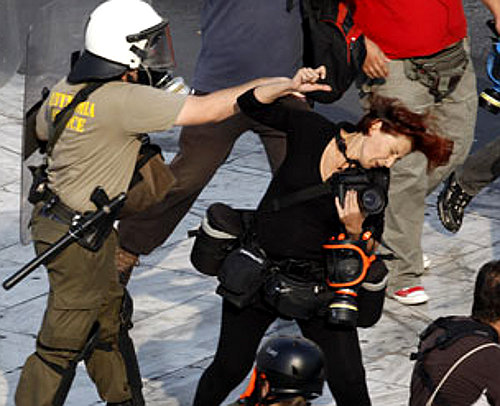
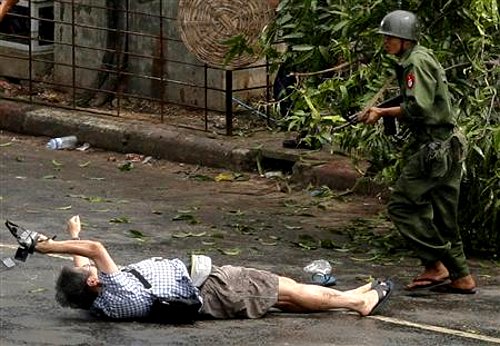
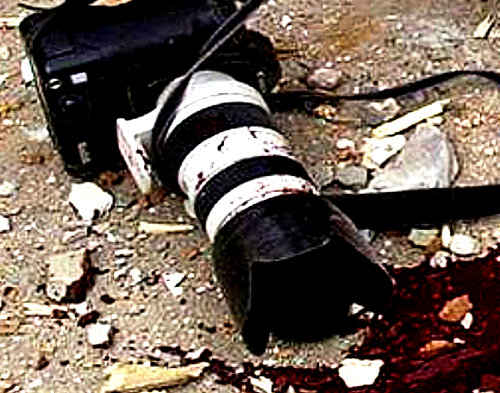











You must be logged in to post a comment Login